It’s critical to keep your office, shop, or any type of workplace safe from any threats, including mold infestation. The presence of mold may affect a large number of individuals, and it can swiftly degrade all of the resources and equipment you worked so hard to acquire. When a company keeps sections of their building moist and wet, whether due to negligence or uncleanliness, they will be facing a major problem soon enough.
Not all molds are the same, though. Some are treated a different way than others. We’ll go through four types of them in this post so you can keep your business or workplace safer.
Acremonium
Acremonium is a form of mold that changes its appearance over time. It begins as a tiny wet mold that develops into a fine powdery particle. Because of its hue, it’s also known as orange mold. It can also be pink, grey, or white in color.
Acremonium is found in places with a lot of moisture, such as air conditioners and humidifiers. If inhaled or exposed to it in any way, it can cause complications in the bone marrow, immunological system, and other organs. Furthermore, it can grow and develop alongside different molds, such as Stachybotrys, resulting in a more hazardous problem in your office.
Cladosporium
Cladosporium is unusual since it can grow in both warm and cold environments. As a result, it might show up at your office at any time of year.
This mold can be black, brown, or green in appearance, and it is often found on wallpaper and carpets. It can also occur in locations with a lot of moisture, including near the windows and the restrooms. People who are exposed to this mold may have allergic responses, skin rashes, and hives. Cladosporium infections can also affect the eyes, nose, ears, and brain.
Penicillium
This is not the type of mold that is typically cultivated for medicinal reasons in a controlled setting. Penicillium is a hazardous kind of mold that may be found in wet sections of a structure. Damp construction materials and things kept in moist basements, such as books, boxes, and wood, pose a particular threat. It may be found on carpets, upholstered furniture, and wallpaper, among other things.
Trichoderma
Trichoderma is a mold that is quite prevalent. Because it resists numerous plant diseases, it’s frequently utilized in biotechnology and agriculture. This does not, however, imply that you would want them in your office. Trichoderma can be found on various surfaces, including wood, drywall, wallpaper, different paper goods, carpets, and textiles. It is harmful to specific materials, causing them to decay and collapse rapidly.
This type of mold can cause irritation and inflammation of the airways, resulting in coughing, sneezing, sore throat, and asthma episodes. It also has the potential to harm the lungs, liver, and pulmonary system.
Conclusion
Molds are generally toxic. They’re terrible for your health and the things around you, primarily if you work in an office or a building with many people. If you suspect a mold problem, consult commercial cleaning services immediately. Mold may develop at an exponential pace if left uncontrolled, and as a result, it can quickly become a significant problem. Most of the time, a thorough cleaning is all that is required. However, it is essential to get advice from a professional to ensure that you control the issue.
If you are looking for a company that provides business cleaning in Fort Lauderdale, AK Building Services can help! We offer a comprehensive portfolio of janitorial and maintenance services for office buildings, medical facilities, condominiums, and schools, among others. Get in touch with our team now!


